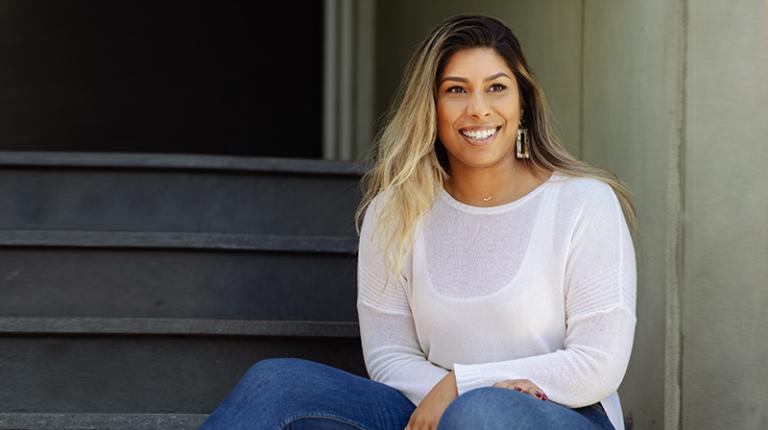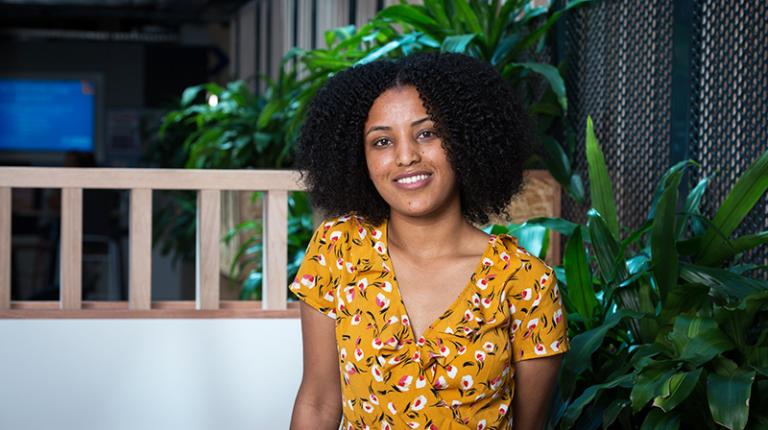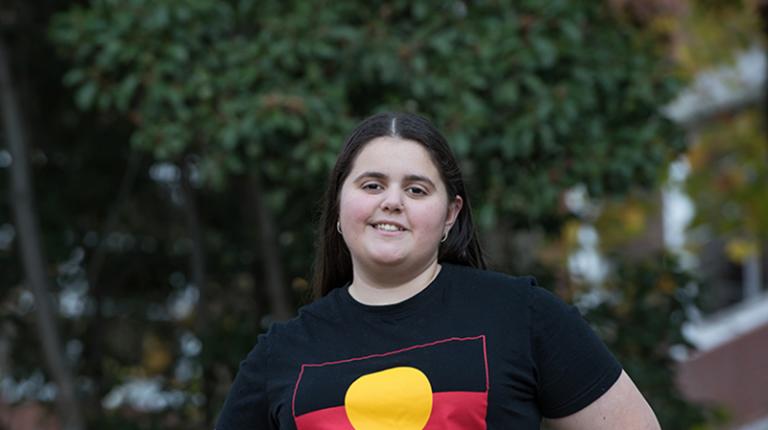All students enrolled in youth and community degrees at Victoria University undertake units of study which include Work Integrated Learning (WIL) commonly referred to as industry placement.
Industry placement provides students with practical experience of professional work, in collaboration with industry and community sector supervisors, whereby students begin to understand and enhance their knowledge of work practice. These practical experiences are also the basis of students’ critical reflection and theorising.







